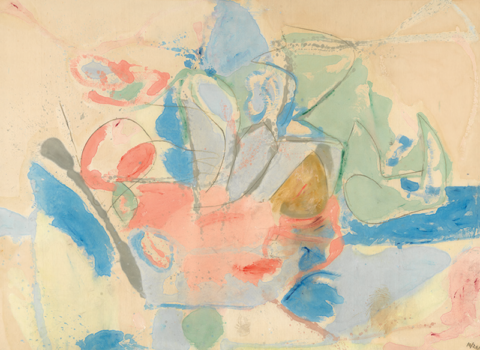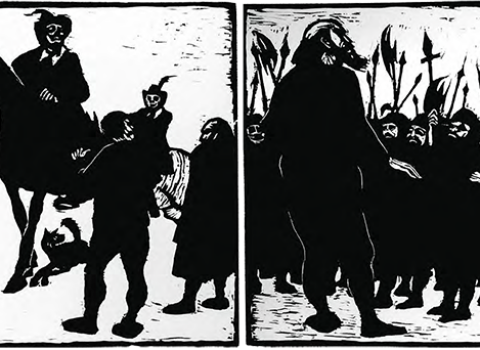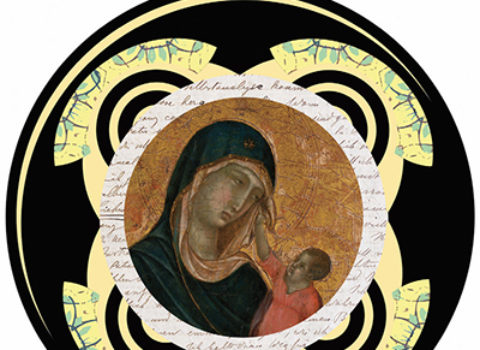In Marie NDiaye’s novel MY HEART HEMMED IN (Two Lines Press, $14.95), Nadia and Ange, a middle-aged couple from Bordeaux, become outcasts. “What sort of wickedness, I ask myself, are they suddenly believing in,” Nadia wonders of the students at the school where she and Ange are teachers, “that they don’t even dare to look up at me, when we once got along so well?” She doesn’t watch television or keep up with the news, so she doesn’t know that this is happening across France. Nadia never thought of herself as one of those people. She has long since…
Sign in to access Harper’s Magazine
We've recently updated our website to make signing in easier and more secure
Sign in to Harper's
Hi there.
You have
1
free
article
this month.
Connect to your subscription or subscribe for full access
You've reached your free article limit for this
month.
Connect to your subscription or subscribe for full access
Thanks for being a subscriber!
Get Access to Print and Digital for
$23.99 per year.
Subscribe for Full Access
Subscribe for Full Access








































































































